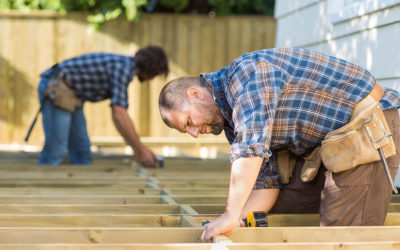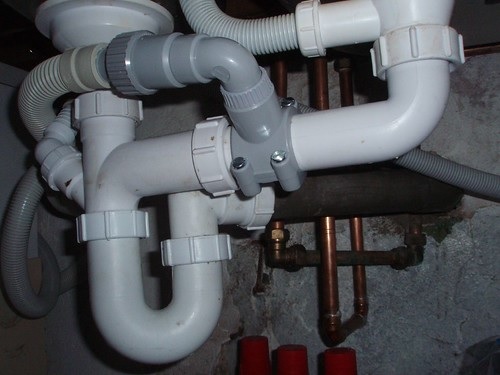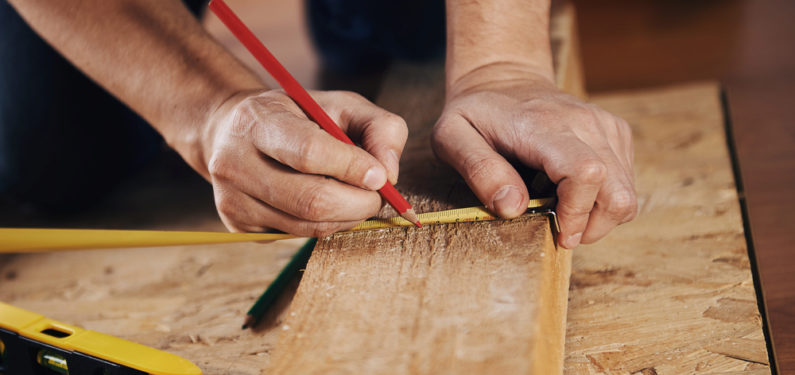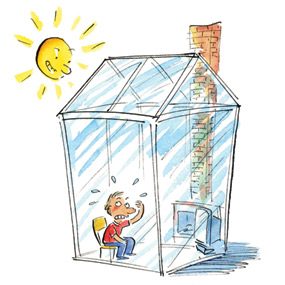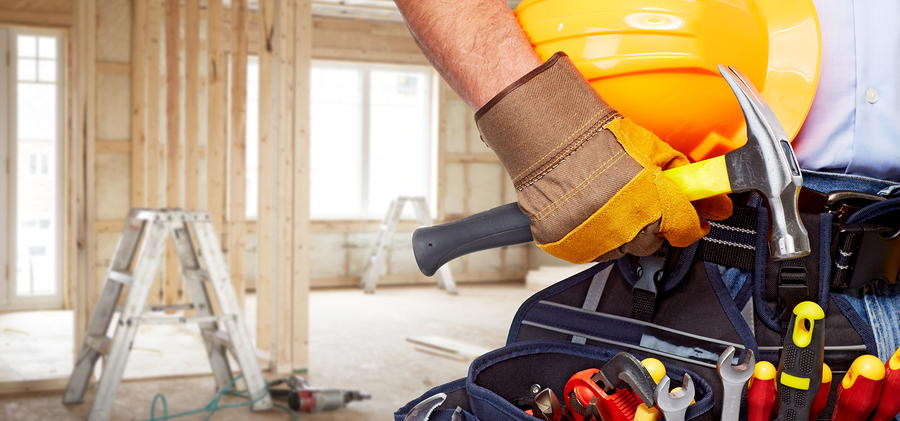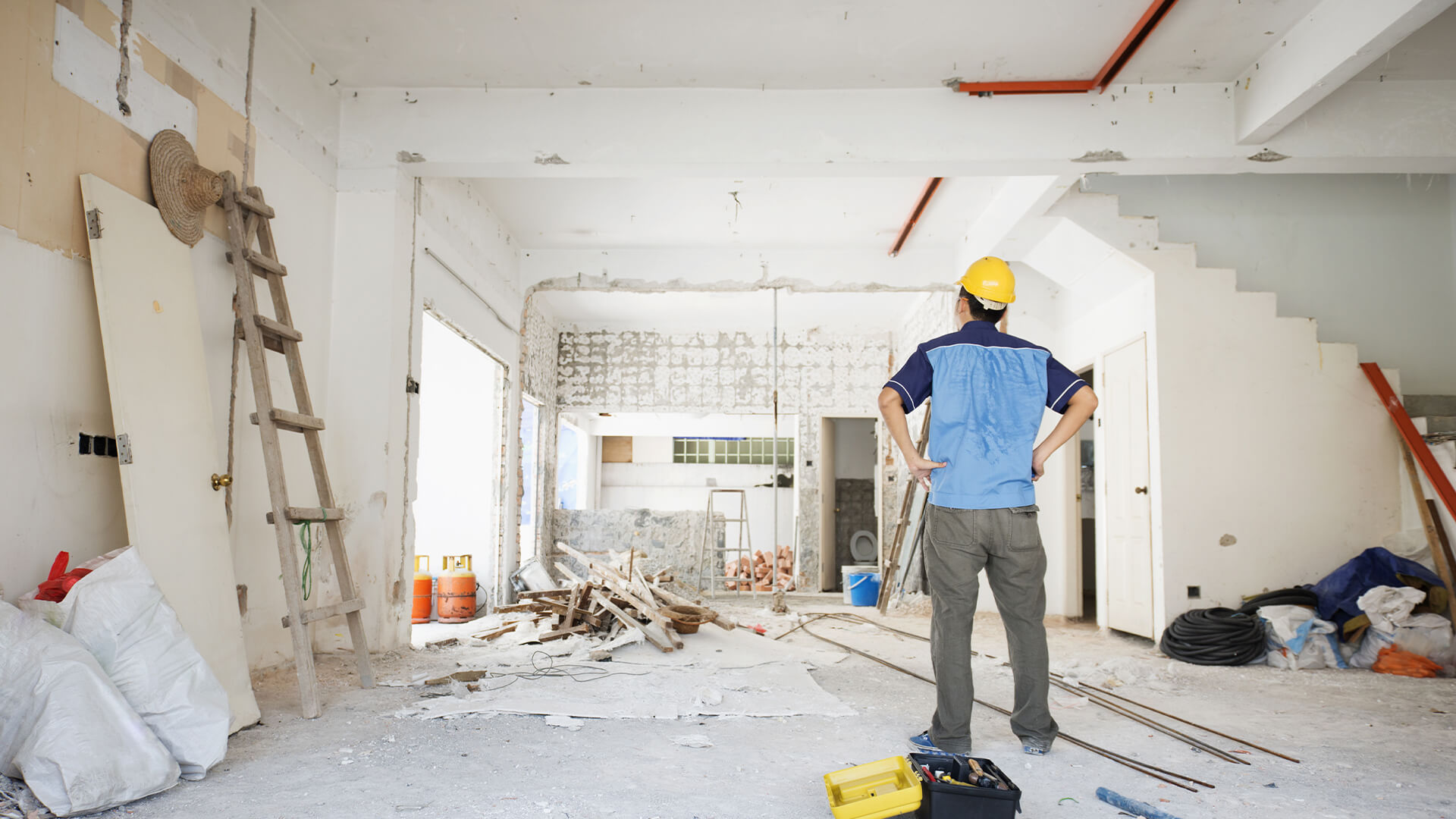Everybody intends to stay comfortable even during the cold weather. It’s challenging to shower or wash dishes using the cold water flowing through the pipes. That’s where hot water heaters come in handy. They come in different types and sizes for clients to choose from.
What are Hot Water Heaters?
These are appliances used to deliver hot water in homes and commercial areas. They can either be gas water heaters or electric water heaters. These water heaters have storage tanks to store cold water and deliver hot water when needed.
Types of Hot Water Heaters: Pros and Cons
There are many types of hot water heaters in the market today. Therefore, people have different options when installing a new one or replacing a faulty one. The best water heaters are durable and have a life span of up to 20 years, requiring little maintenance. Below are different water heaters types with their benefits and drawbacks.
Heat Pump Water Heaters
They are also known as hybrid water heaters. These water heaters require little electricity during usage. This is because they generate heat from their surrounding environment.
Pros
- Energy-Efficient: Though they use electricity, these hot water heaters ensure that the users pay low electric bills. However, they are efficient and the best to use during winter.
- Low Maintenance costs: These hot water heaters are durable and require less maintenance. Therefore, they save you lots of money needed for regular repairs and replacement. Despite their efficiency, heat pump water heaters require maintenance once each year.
Cons
- Require a Larger Space: Heat pump water heaters function fully in 1000 cubic feet or more spaces. These water heaters are insufficient in small paces and can’t meet your needs. Again, they are also inefficient in colder areas.
- Shorter Life Span: Heat pump water heaters have a shorter life span than other hot water heaters. They work efficiently for about a decade and then become faulty or require frequent repairs.
Conventional Water Heaters
Most people use conventional water heaters in their homes or industries. They have insulated water tanks to store water and deliver hot water when needed.
Pros
- Low Market and Installation Cost: These hot water heaters are efficient yet affordable. They have a storage tank that stores hot water, ready for use. Again, despite installing an electric or gas conventional water heater, the installation costs are affordable.
- Efficient in All Weather Conditions: Conventional water heaters can meet your needs in hot and cold climates when maintained well. This makes it better than other water heaters that need specific weather conditions to perform as required.
Cons
- High Energy Bills: Conventional water heaters storage tanks always store hot water. It’s an advantage that the water is ready for use, but a disadvantage because they use energy continuously.
- Require Regular Maintenance: Conventional water heaters are easily damaged by water. Therefore, these water heaters require regular maintenance and repairs for efficiency purposes.
Condensing Water Heaters
They have a primary and a secondary heat exchanger that allows a constant flow of hot water. These hot water heaters capture the hot exhaust gases escaping from the flue. Then, they redirect them to the tank, ensuring hot water flow.
Pros
- Energy-Efficiency: Condensing water heaters are efficient because water heats quickly. This allows you to save the money required for monthly energy bills.
- Eco-Friendly: These water heaters use less energy. This way, they produce less carbon and other greenhouse gas. Thus, they reduce environmental pollution, making the environment greener.
Cons
- Expensive Initial Price: It’s costly to purchase a condensing water heater from the market. Though these water heaters have many advantages, they are expensive than most water heaters found in the market today.
- Require a Large Space: These water heaters need lots of water. Hence, they need a larger space for storage to work efficiently and deliver a constant flow of hot water.
Solar Water Heaters
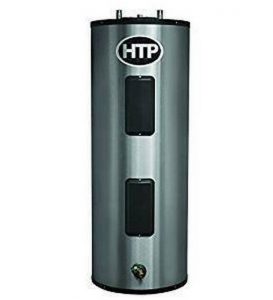
These hot water heaters get heat from roof-mounted panels. The solar panels capture the sun’s energy and transfer heat to the water tanks to warm the water.
Pros
- Energy-Efficient: Solar water heaters harness the sun’s rays to warm the water in the tanks. Thus, residential and commercial owners don’t have to worry about paying energy bills.
- Uses Renewable Energy: Solar panels can store the sun’s heat for longer to ensure a continuous flow of hot water. All these hot water heaters need is sunshine.
Cons
- Costly Installation: The cost of solar panels installation is expensive, especially when installed in commercial areas. Thus, you need to pay a substantial fee for solar panels to work efficiently.
- Requires Plenty of Sunshine: Solar water heaters are efficient in areas with plenty of sunshine. This way, they have a high performance in hot areas. Though they harness the sun’s heat, they are not best in cold regions.
Tankless Water Heaters
They are also known as on-demand water heaters. These hot water heaters have highly-heated coils that allow a constant flow of hot water.
Pros
- Require Less Space: They are compact-sized water heaters and don’t require dedicated storage space. Thus, they are fit when used in either small or large buildings. Again, they are tankless, and that’s why they require lesser space.
- Low Monthly Bills: These hot water heaters provide hot water when needed. They heat water instantly, saving lots of money. This makes them energy-efficient water heaters.
Cons
- Low Water Supply: Tankless water heaters are best for smaller homes. Thus, they can’t provide enough water when used in commercial areas.
- Expensive: Buying a tankless water heater may be challenging, especially when on a tight budget. Their market prices are higher than most water heaters.
Commercial vs. Residential Hot Water Heaters
Residential water heaters are smaller in size and hold smaller amounts of water. Most water heater tanks require water between 40 to 100 gallons of water. Thus, they are cheaper, and you pay lower monthly bills. However, commercial hot water heaters are larger and require more water in the storage tanks.
Commercial hot water heaters hold water amounting to up t0 11,000 water gallons. Thus, the storage tanks take longer to heat the water. Therefore, business owners need to pay higher monthly energy bills. The most common types of commercial hot water heaters are storage water heaters and on-demand heaters. Any hot water heater should be installed by a professional however, it is especially important that you have large commercial hot water heaters installed and serviced by a professional plumber. For service in Cumberland and York County, Maine contact American Mechanical And Plumbing Click Here To Visit Their Website.
How Do Hot Water Heaters Work?
Water travels from the storage tank to the waterline. Thus, the water flows through the split lines to the intake system. After the hot water tap is on, water passes from the shut-off valve to the dip tube and into the water heater tank. The thermostat heats the water in the tank. Then, hot water rises, and cold water goes to the bottom.
As the cold water gets hot at the bottom of the tank, hot water travels to the open tap at high pressure. Thus, hot water continuously flows where needed, including the washing machine or the bathroom. This cycle continues when one turns on the hot water tap again.
However, a tankless water heater works differently from others. Again, a gas and an electric tankless water heater work differently. The one that uses gas has a flow sensor to activate the tank once the tap is on. Then, the fun rotates, the gas valve opens, and the burner in the unit turns on.
When using an electric tankless water heater, the process begins by activating the heat exchanger. Then, the hot water flows out of the tap. Thus, it heats water instantly when needed. That’s why they are energy-efficient.
How to Maintain Hot Water Heaters
Hot water heaters are essential, especially during winter. Though most of them are durable and have a life span of more than a decade, they require regular maintenance. This allows them to deliver high performance and prevents them from frequent damages. Below are ways to take care of hot water heaters.
Flush Out Sediments in hot water Heaters
Sediments from the water may settle in the tank due to water storage. These sediments may damage the water heater reducing its efficiency. Thus, it would be best to drain the tank by allowing water to flow out into a bucket. The only way to ensure that the tank is clean is ensuring that water flowing into the bucket is free from sediments.
Test the Pressure Valve
The pressure valve in a hot water heater controls the pressure inside the tank. Hence, if it’s faulty, the pressure might be higher or lower than required. To test the pressure valve, you need to lift its lever, and water flows into a bucket below the pipe.
Repair or Replace the Valve
If the …
Read More